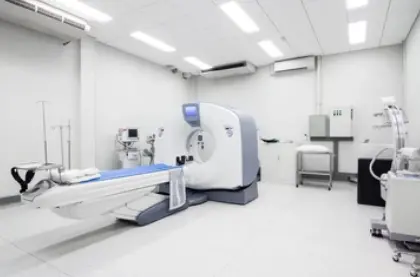 Welcome
Welcome
“May all be happy, may all be healed, may all be at peace and may no one ever suffer."
Carcinoma in situ - Generics
Carcinoma in situ (CIS) is a type of cancer that is confined to the epithelial layer of tissue and has not yet invaded the underlying tissue or spread to other parts of the body. CIS is considered a pre-cancerous or early stage cancer, and if left untreated, it can progress into invasive cancer.
CIS can occur in various parts of the body, including the skin, lungs, bladder, cervix, and breast, among others. The development of CIS is typically a multi-step process that involves genetic mutations or alterations in the DNA of the affected cells.
Symptoms of CIS can vary depending on the location of the cancer, but may include abnormal cells or lesions that are detected during cancer screening tests or diagnostic procedures.
Treatment for CIS typically involves the removal or destruction of the abnormal cells or lesions. This may involve surgery, radiation therapy, or other local treatments such as cryotherapy or laser therapy. In some cases, systemic treatments such as chemotherapy or immunotherapy may also be used to prevent the cancer from progressing.
Regular follow-up and monitoring are important for patients with CIS, as there is a risk of recurrence or progression to invasive cancer. Preventive measures such as avoiding tobacco use, maintaining a healthy diet and weight, protecting the skin from excessive sun exposure, and getting regular cancer screenings can also help reduce the risk of CIS and other types of cancer.

Diagnostic procedures

Dissolution of cholestero...

Acute uncomplicated malar...

Atypical pneumonia

Drug-induced extrapyramid...

Vaginal atrophy

Blisters

Hypoprothrombinemia
Carcinoma in situ, স্থানচ্যুত কার্সিনোমা
To be happy, beautiful, healthy, wealthy, hale and long-lived stay with DM3S.